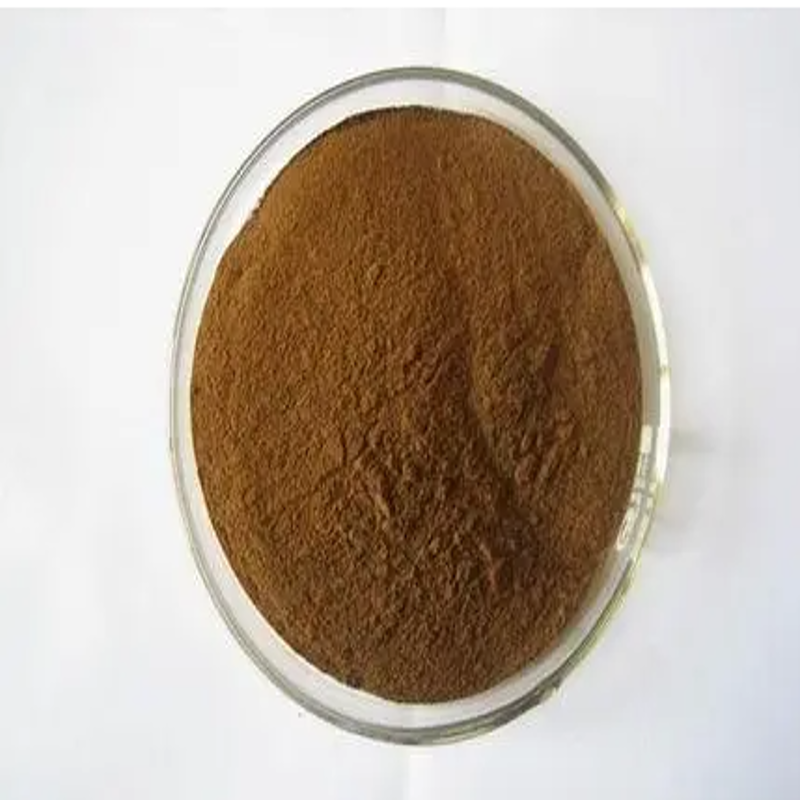-
Categories
-
Pharmaceutical Intermediates
-
Active Pharmaceutical Ingredients
-
Food Additives
- Industrial Coatings
- Agrochemicals
- Dyes and Pigments
- Surfactant
- Flavors and Fragrances
- Chemical Reagents
- Catalyst and Auxiliary
- Natural Products
- Inorganic Chemistry
-
Organic Chemistry
-
Biochemical Engineering
- Analytical Chemistry
- Cosmetic Ingredient
-
Pharmaceutical Intermediates
Promotion
ECHEMI Mall
Wholesale
Weekly Price
Exhibition
News
-
Trade Service
A new study by the University of Illinois at Urbana-Champaign and its collaborators shows that an avocado a day can help women redistribute belly fat and make them healthier
.
105 overweight and obese adults participated in a randomized controlled trial that provided one meal a day for 12 consecutive weeks
.
Women who use avocado as part of their daily diet have reduced deep visceral fat in the abdomen
The research was funded by the Hass Avocado Committee, and the researchers published their results in the Journal of Nutrition
.
The research team was led by Neiman Khan, a professor of kinesiology and community health in Illinois
"The goal is not to lose weight; what we are interested in is the effect of eating avocado on the way an individual stores body fat
.
The location of fat in the body plays an important role in health," Khan said
"In the abdomen, there are two types of fat: one is the fat that accumulates under the skin, called subcutaneous fat, and the other is the fat that accumulates deep in the abdomen, called visceral fat, which surrounds the internal organs
.
Visceral fat The higher the ratio, the higher the risk of diabetes
Professor Naiman Khan led the research
.
Photo: L.
The participants were divided into two groups
.
One group ate foods containing fresh avocados, while the other group ate foods that contained almost the same ingredients and similar calories but did not contain avocados
At the beginning and end of the 12 weeks, the researchers measured the participants’ abdominal fat and glucose tolerance, which is a metabolic indicator and a sign of diabetes
.
Female participants eat an avocado a day as part of the meal.
The abdominal visceral fat is reduced, it is more difficult to lock in fat and the risk is higher, and the experience of reducing visceral fat is less than subcutaneous fat, and fat is redistributed away from the organs
.
However, the fat distribution of men did not change, and the glucose tolerance of men and women did not improve
Khan said: “Although eating avocado every day does not change glucose tolerance, we understand that the dietary pattern of eating avocado every day affects the way individuals store fat and is good for their health, but this is mainly beneficial for women
.
” “Important.
The researchers said they hope that a follow-up study will provide participants with all their daily diets and look at additional markers for intestinal health and physical health to get a more complete picture of the metabolic effects of avocado consumption and determine the difference between the two still Is gender
.
"Our research not only reveals the benefits of daily consumption of avocados on the different fat distributions of different genders, but also provides a basis for us to conduct further research to understand the overall impact of avocados on body fat and health," the co-author of the study Richard Mackenzie (Richard Mackenzie) said
.
Professor of Human Metabolism at Roehampton University in London
.
"Further through our research, we will be able to obtain a clear type of people who will benefit from including avocados in their diets and provide valuable data for health care consultants to guide patients on how to reduce fat storage and the potential risk of diabetes.
," McKenzie said
.
Original title:
"Avocado Consumption, Abdominal Adiposity, and Oral Glucose Tolerance Among Persons with Overweight and Obesity" by Naiman A Khan, Caitlyn G Edwards, Sharon V Thompson, Bridget A Hannon, Sarah K Burke, Anne DM Walk, Richard WA Mackenzie, Ginger E Reeser , Barbara H Fiese, Nicholas A Burd and Hannah D Holscher, 30 June 2021, The Journal of Nutrition .
DOI: 10.
1093/jn/nxab187







